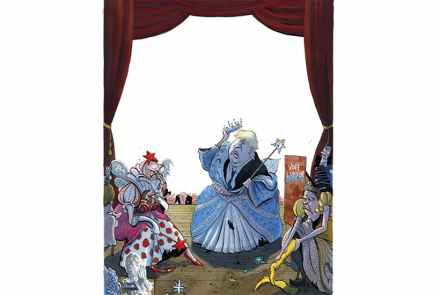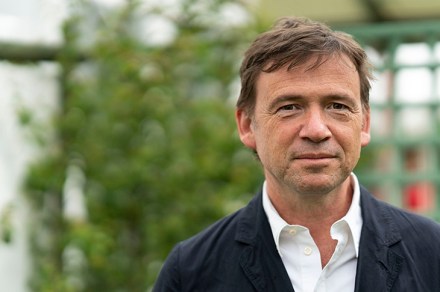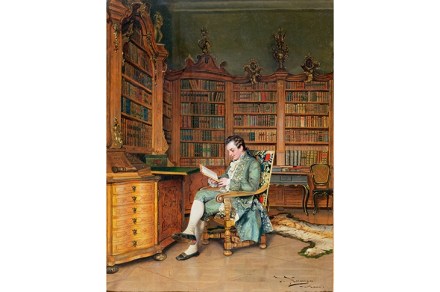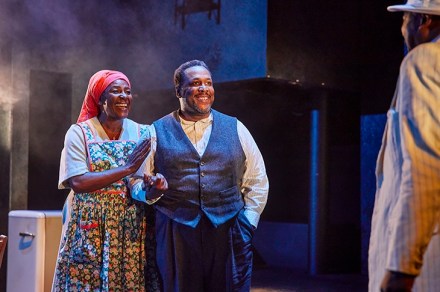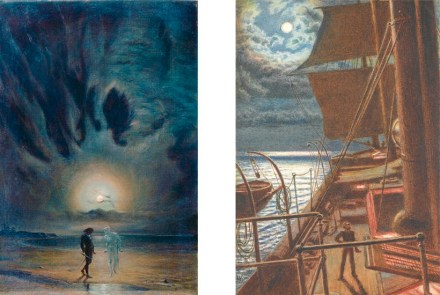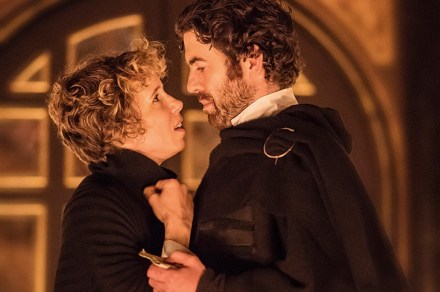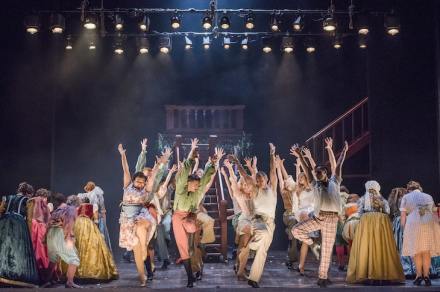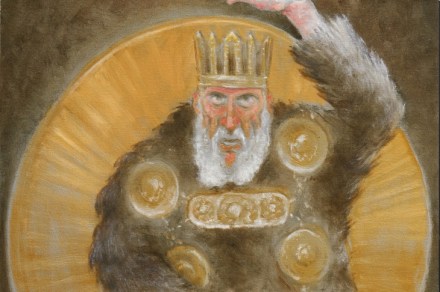All the world’s a stage: this election has echoes of Shakespeare and Dickens
The Christmas election has unfolded like a series of mini-dramas from panto, Dickens and other popular classics. Boris has come across as a Dick Whittington figure, already twice mayor of London, and hoping to establish his seat in the capital on a more permanent footing. Jeremy Corbyn resembles Mother Goose flinging sugary treats at gullible children. And Jo Swinson has clearly been reading Cinderella (and believing every word of it). Swinson positioned herself as the long-suffering drudge who must tidy away the mess left by the Ugly Sisters, namely the Tory and Labour parties. In the story, Cinderella ends up as a princess (‘I’m standing to be your next prime
